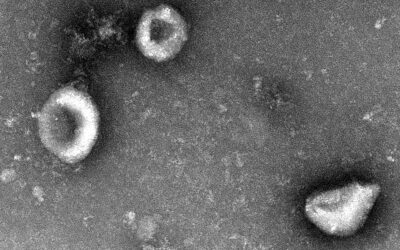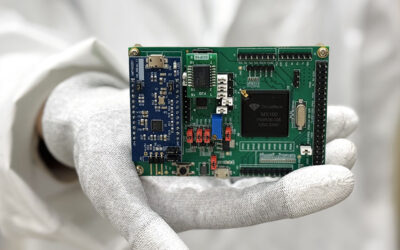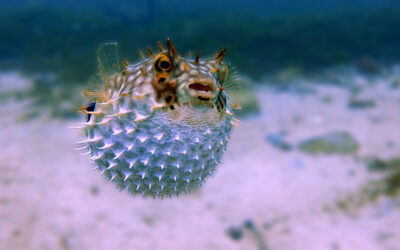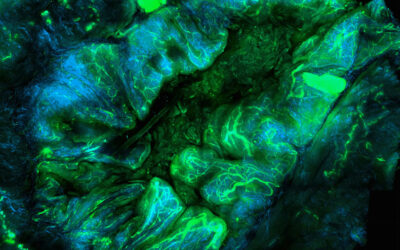The Executive Editorial Board of Polymer International and the IUPAC Polymer Division are pleased to announce the 5th award for creativity in applied polymer science or polymer technology. This award celebrates the achievements of young researchers in the polymer community.
The award will be presented at 46th IUPAC World Polymer Congress – MACRO 2016, 17 July to 21 July 2016 in Istanbul, Turkey. The winner will be awarded $5,000 plus travel and hotel accommodation expenses to attend MACRO 2016, where he/she will present an award lecture.
The winner will be selected by the Scientific Committee, representing Polymer International and the IUPAC Polymer Division.
Please send your nominations by email to Polymer International: [email protected] before 30th October 2015.
Nominees must be under age 40 on 31st December 2015, and must be available to present an award lecture at MACRO 2016.
Please include a current resume including the following information in your nomination:
- Your name and address
- Full name and date of birth of nominees
- Business address of nominee
- Nominee’s academic background and education
- Nominee’s employment history (position, organization, duties, dates)
- Nominee’s publications, patents, unpublished reports, papers presented at meetings
- Nominee’s honors and awards
- Scientific achievements for which the candidate is nominated for this award
- Self-nominations will not be accepted
Join our previous PI-IUPAC Award Winners:
2014: William Dichtel
William Dichtel’s research utilizes the tools of synthetic and supramolecular chemistry to provide unprecedented control of the structure and properties of organic materials and interfaces. He has also pioneered a new approach to organize complementary organic semiconductors into networks ideal for optoelectronic performance, as well as making major contributions in the area of transforming conjugated polymers into specific carbon nanostructures, such as graphene nanoribbons, a form in which the graphene exhibits a useful bandgap. Dichtel has also contributed a general method to interface biopolymers to graphene noncovalently that prevents protein and antibody denaturation and preserves graphene’s desirable electronic properties.
Dichtel is currently an Associate Professor in the Department of Chemistry and Chemical Biology at Cornell University. Prior to joining the Cornell faculty, he was a postdoctoral researcher in the groups of Fraser Stoddart (then at UCLA) and Jim Heath (Caltech). His graduate research was supervised by Jean Fréchet at UC-Berkeley. Dichtel’s research has been recognized by several national awards, such as the National Fresenius Award from Phi Lambda Upsilon, the Arthur C. Cope Scholar Award from the American Chemical Society, the Camille Dreyfus Teacher-Scholar Award, and a Beckman Young Investigator Award from the Arnold and Mabel Beckman Foundation.
2012: Ali Khademhosseini
Professor Khademhosseini has emerged as one of the leaders in the field of micro- and nanoscale manufacturing technologies and biomaterials due to his contributions at the interface of engineering and medicine. Over the past few years he has made a number of seminal contributions in applying engineered biomaterials and microfluidic approaches to micro- and nanotechnology for biomedical and biological applications that make him highly deserving of this award.
















